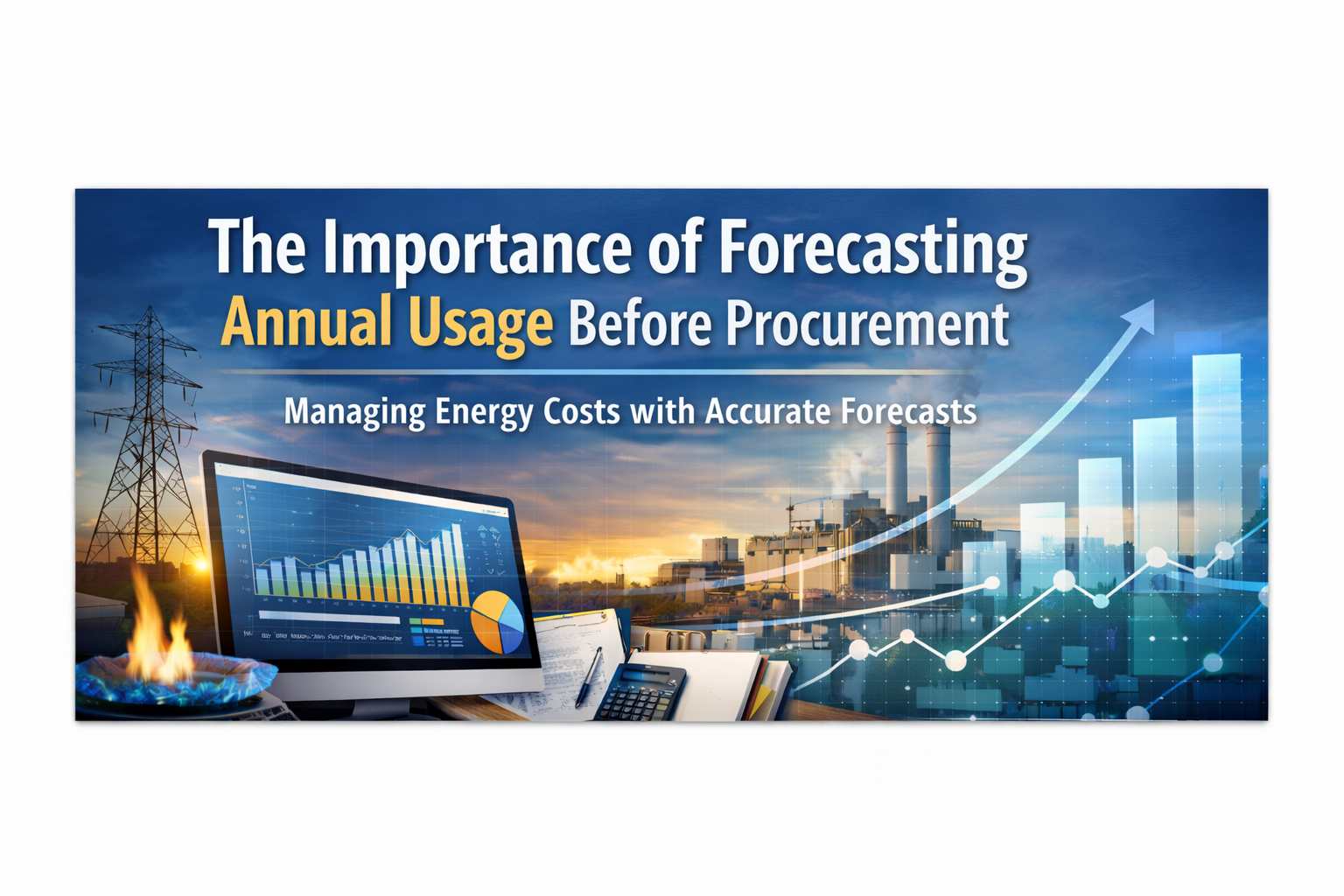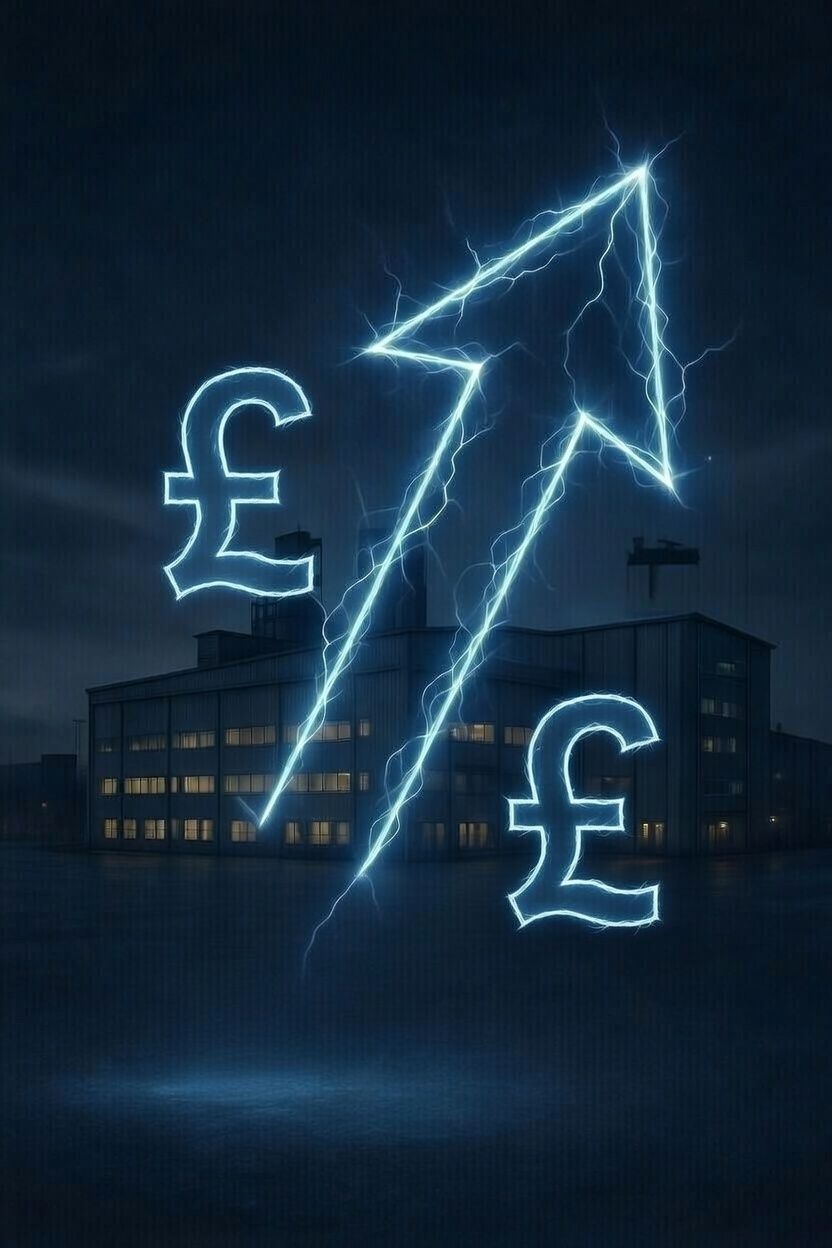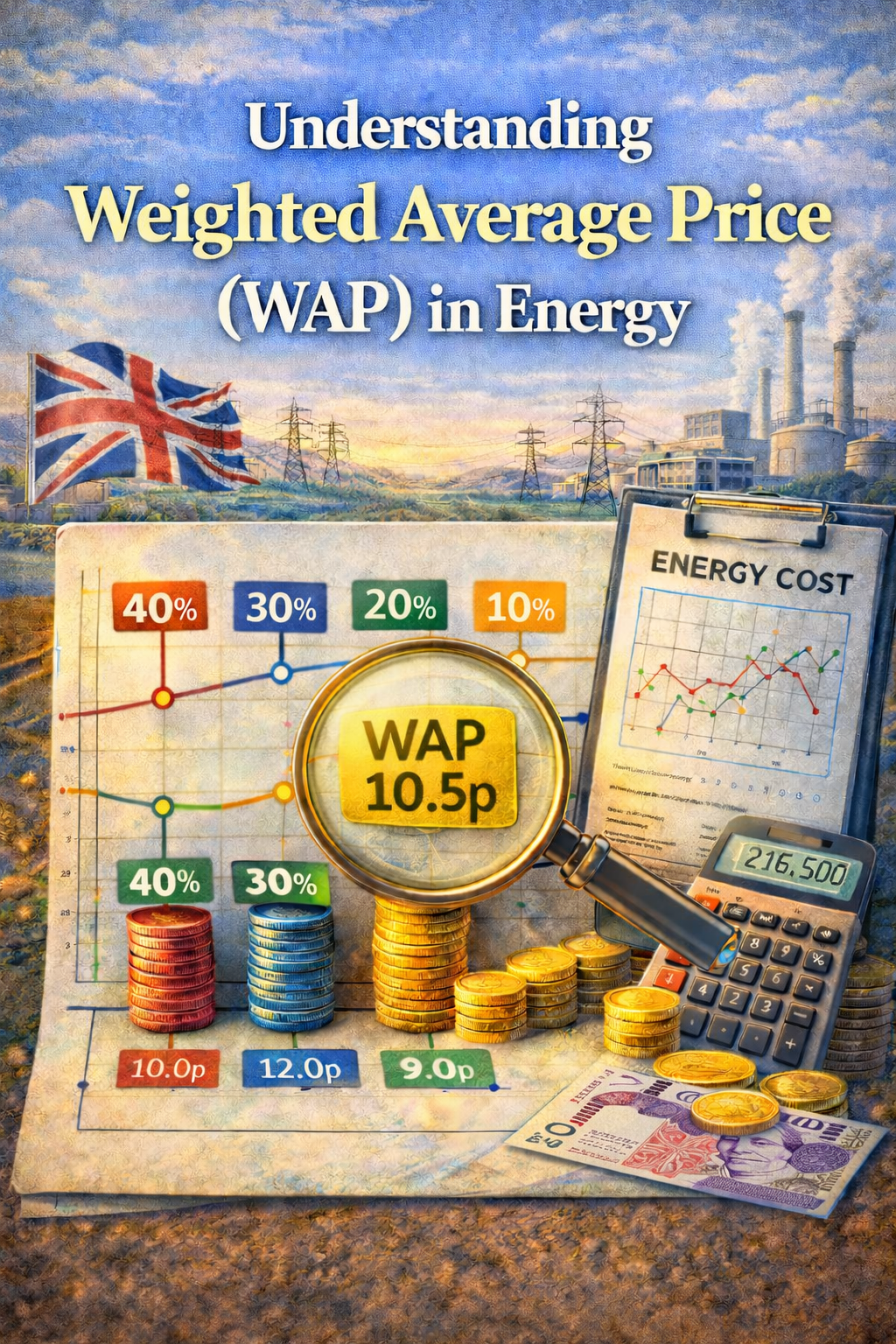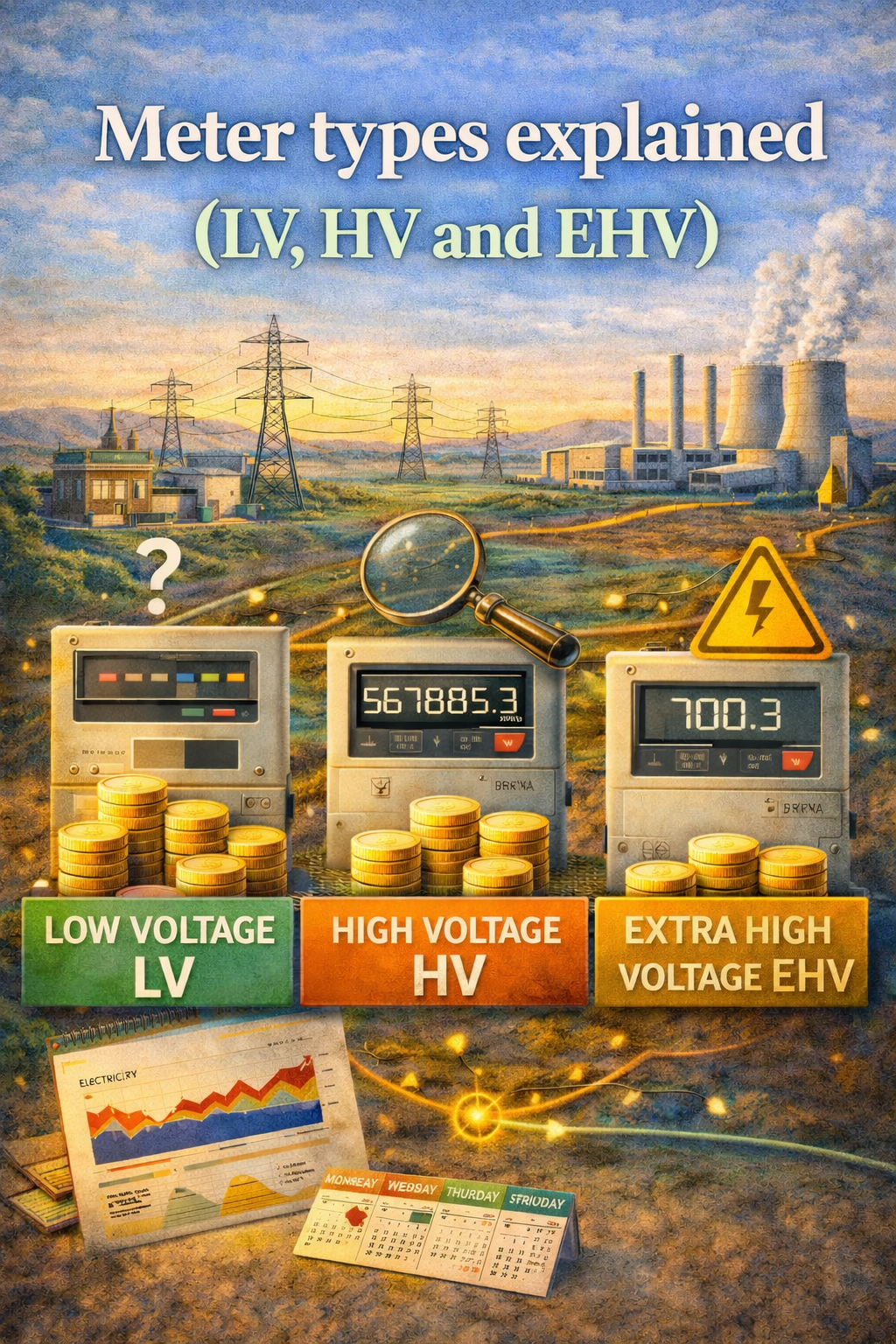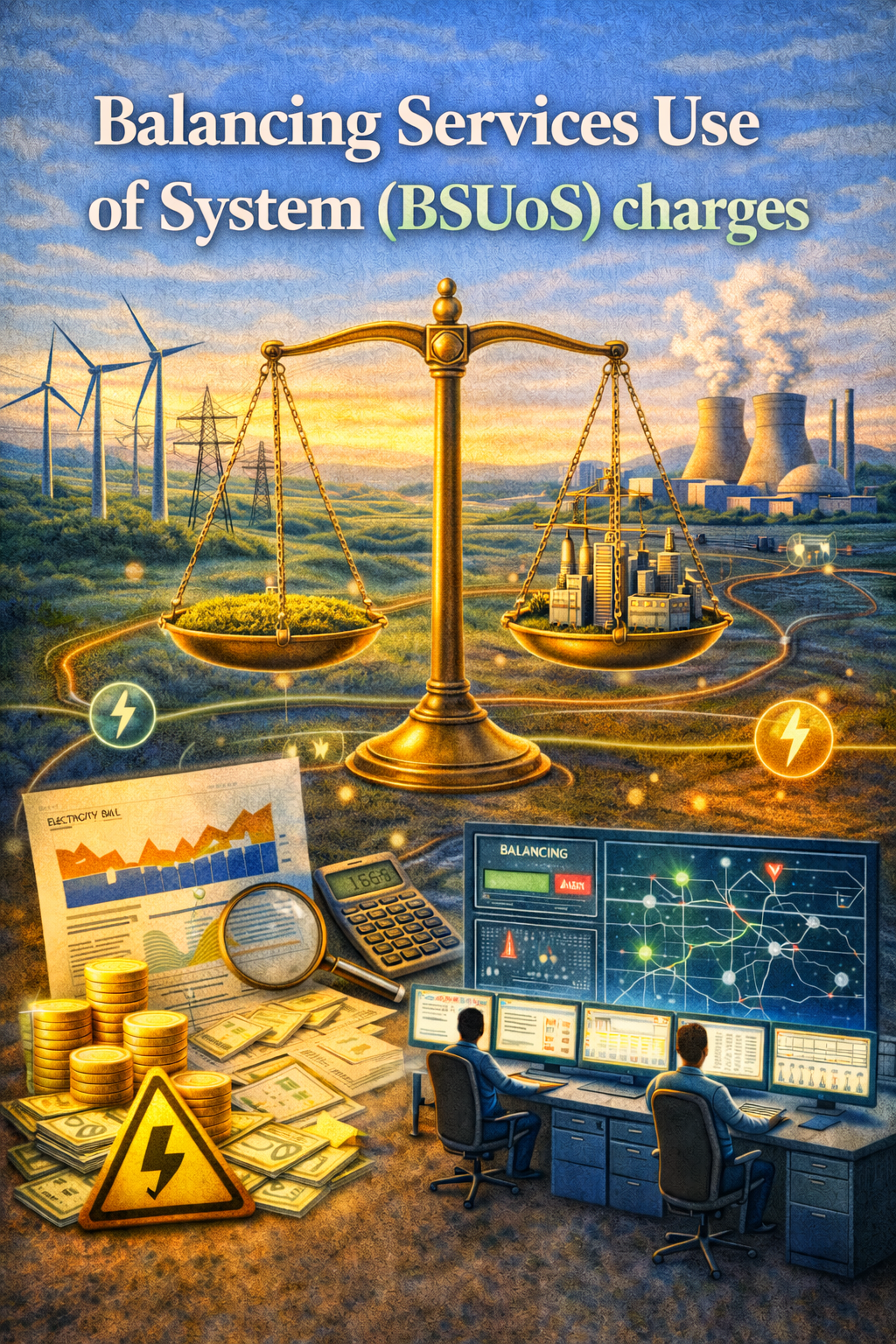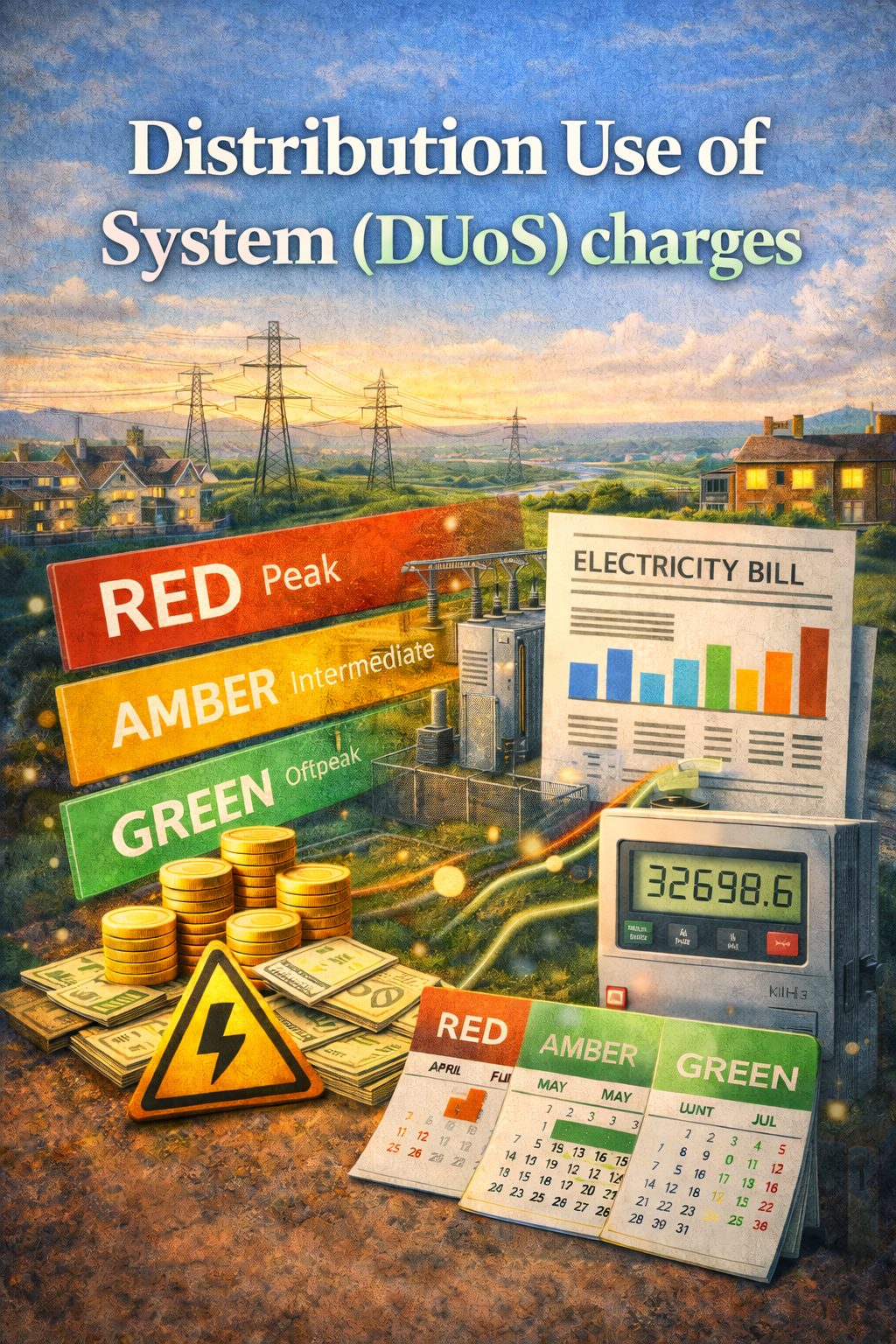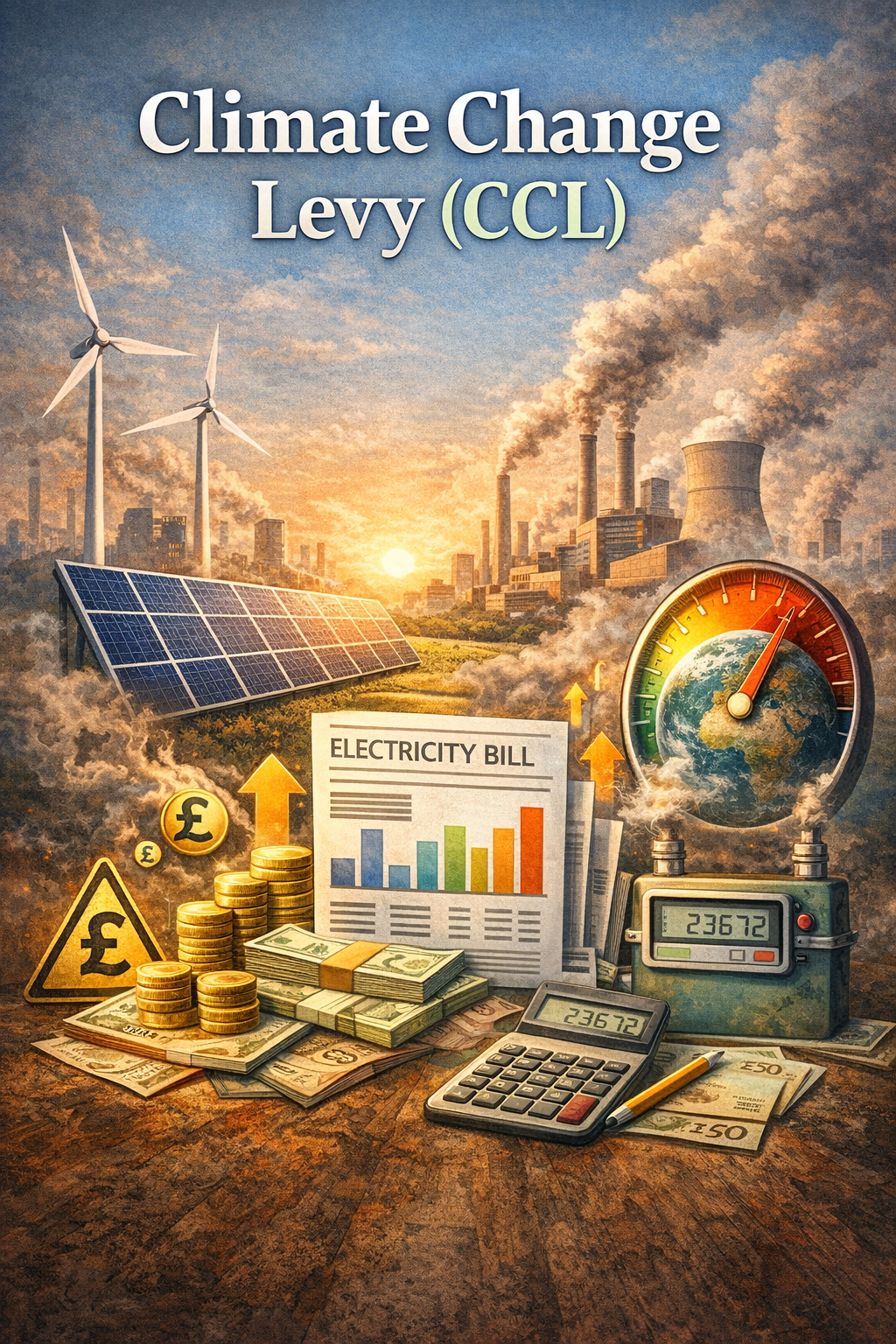September Review
September Review
By Adam Novakovic, Energy Markets Consultant
After a calm start to the month, September saw wholesale prices rise, with the wholesale gas market seeing it’s highest daily close since April. In this article we’ll be taking a look at the drivers behind these price movements, and what we can expect in the coming months.
Some now perceive the uncertainty in the market as a reflection of the uncertainty and lack of direction in the UK’s energy policy.
E.ON chief executive Chris Norbury called out this lack of policy certainty and “lack of ambition in terms of the investment in energy efficiency in the UK”, when he spoke at the Commons Energy Security and Net Zero Committee. With a large part of energy policy now being focused on Net Zero – a policy that will almost certainly increase the price of electricity -- a lack of investment in widely-used infrastructure will continue to have a negative impact on the rising transmission costs.
Last month we discussed the impact of potential strikes at Australian LNG plants, and how it impacted the wholesale energy markets.
The affect of this continued into September as industrial action commenced on the 8th, seeing prices rise 20% over the following week (although there may have been other factors contributing to this rise). In spite of the strikes and the price rises, no shipments were reported to be delayed. The industrial action has now ended, as a deal that offers improved pay and working conditions has been agreed upon.
Some may see the impact, of strikes that didn’t result in any delays to shipments, as a sign of fragility in the market. From a cynical perspective, should somebody wish to create a sharp rise in price, reports or threats of further strikes could be seen as a way of creating short term increases in price. However, this may serve as a reminder to market participants that there is a risk of overreacting to prospective disruptions, and people may be less inclined to “panic buy” on the next rumours of production being impacted.
At the same time the strikes were occurring in Australia, there were extended disruptions to gas production in Norway. While the Troll field maintenance has been known for a while, and the supply disruption has been factored into the market, the proposed restart was delayed by a week. Production has since re-commenced, albeit at a reduced capacity. With Norway being Europe’s largest supplier of natural gas, any further disruptions to supply will likely have a significant impact upon the energy wholesale market.
Outlook
We previously stated that we believe we have seen the market low for this year, and there are more factors that could send prices higher than factors which could see a return to the June lows. We still believe this to be the case, and that the most sensible approach would be for those on flex contracts to look at locking in a significant % of their winter demand.
While the market seems to be cautious or even nervous, and with few making exact predictions, independent researcher Cornwall Insight have forecast that prices will rise almost 10% between October of this year and January 2024.
This ties in with a warning from Jonathan Brearley, Chief Executive of OFGEM, who stated that -- in spite of international markets being more stable than this time last year -- for many, the prices they pay this winter could be higher than last year. Citing the lack of governmental support, this warning was delivered before MPs, as Mr. Brearley called for improvements to be made to the framework.
Following a survey from energy supplier Valda, it seems like these concerns about increased prices are not lost on UK SMEs. The survey found that:
· 67 per cent of business owners do not feel the government understands their needs.
· Three-quarters say they have been neglected in favour of more focused support on consumers and larger businesses.
· Only a third of businesses felt that the less generous Energy Bill Discount Scheme (EBDS) that followed is providing adequate support.
With many small businesses still concerned about their energy costs, it is an important time to make sure you are not paying any more than necessary and exploring all the energy cost-reduction options available to you. If you require any assistance or guidance with your energy spend, feel free to contact me at adam@seemoreenergy.co.uk for a free consultation with a team that is experienced in helping UK businesses with their energy needs.
